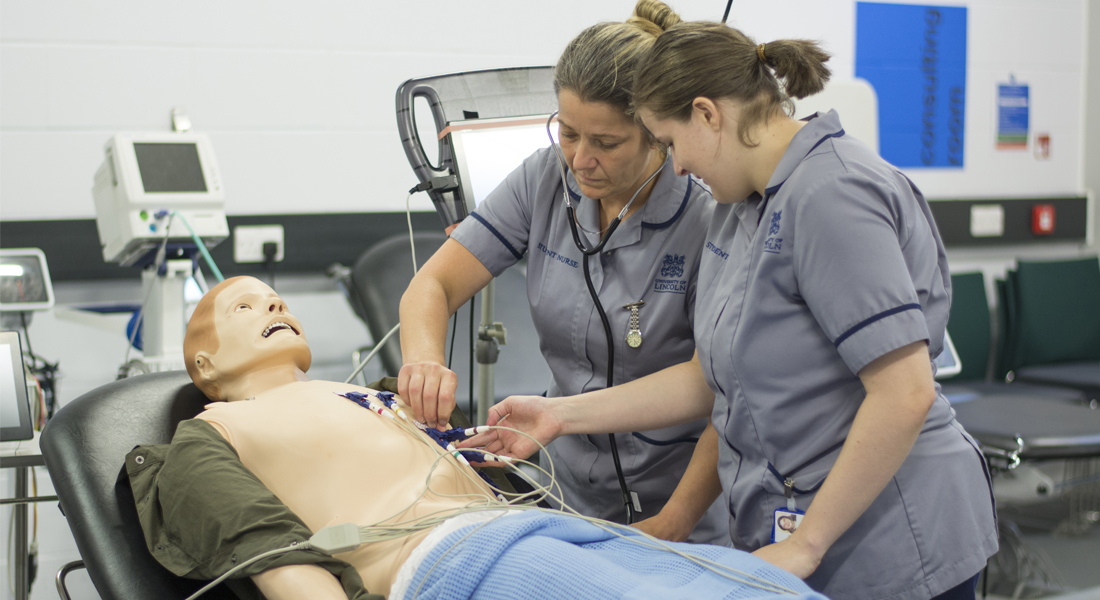
Program overview for Bachelors in Nursing in Canada
Here’s a program overview for a Bachelor of Nursing (BN) degree in Canada:
Program Duration: Typically, a Bachelor of Nursing program in Canada is completed over four years of full-time study. Some universities may offer accelerated or part-time options, but the standard duration is four years.
Curriculum:
- Foundational Sciences: Courses in anatomy, physiology, biology, and chemistry provide students with a solid understanding of the human body and its functions.
- Nursing Theory and Practice: Students learn about nursing theories, principles, and frameworks that guide nursing practice. This includes courses on nursing ethics, professional standards, and evidence-based practice.
- Clinical Skills Development: Clinical skills labs and practical training sessions allow students to develop hands-on skills such as patient assessment, medication administration, wound care, and basic nursing procedures.
- Health Promotion and Disease Prevention: Courses focus on promoting health and preventing illness at individual, family, and community levels. Topics may include nutrition, exercise, immunizations, and health education.
- Pharmacology: Students learn about the principles of pharmacology, including drug classifications, mechanisms of action, dosage calculations, and medication management.
- Mental Health Nursing: This area of study covers the assessment, diagnosis, and treatment of mental health disorders. Students learn about therapeutic communication, crisis intervention, and mental health promotion.
- Maternal and Child Health: Courses in maternal and child health focus on prenatal care, childbirth, postnatal care, pediatric nursing, and family-centered care.
- Community Health Nursing: Students learn about the role of nurses in promoting health and providing care in community settings. This includes population health, health assessment, health promotion strategies, and community resources.
- Leadership and Management: Courses in leadership and management prepare students for leadership roles in nursing practice. Topics may include healthcare policy, organizational behavior, conflict resolution, and quality improvement.
Clinical Placements:
Clinical placements are a central component of a Bachelor of Nursing program in Canada. Students gain hands-on experience in various healthcare settings under the supervision of registered nurses and clinical instructors. Placements may include hospitals, clinics, long-term care facilities, community health centers, and specialty units.
Licensure Preparation:
Upon completion of the program, graduates are eligible to write the licensure exam to become registered nurses (RNs) or registered psychiatric nurses (RPNs), depending on the province or territory. Licensure requirements vary by jurisdiction, but passing the exam is necessary to practice nursing professionally.
Career Pathways:
Graduates of Bachelor of Nursing programs in Canada have diverse career opportunities in healthcare. They can work as registered nurses in hospitals, clinics, community health agencies, schools, and other healthcare settings. Some may choose to pursue advanced practice roles, leadership positions, or further education in nursing specialties.
Prominent Universities:
Several universities across Canada offer Bachelor of Nursing programs, each with its own unique curriculum and strengths. Some well-known institutions include the University of Toronto, McGill University, University of British Columbia, McMaster University, and University of Alberta, among others.
Overall, a Bachelor of Nursing program in Canada provides students with the knowledge, skills, and practical experience needed to succeed in the nursing profession and make a positive impact on the health and well-being of individuals and communities.




